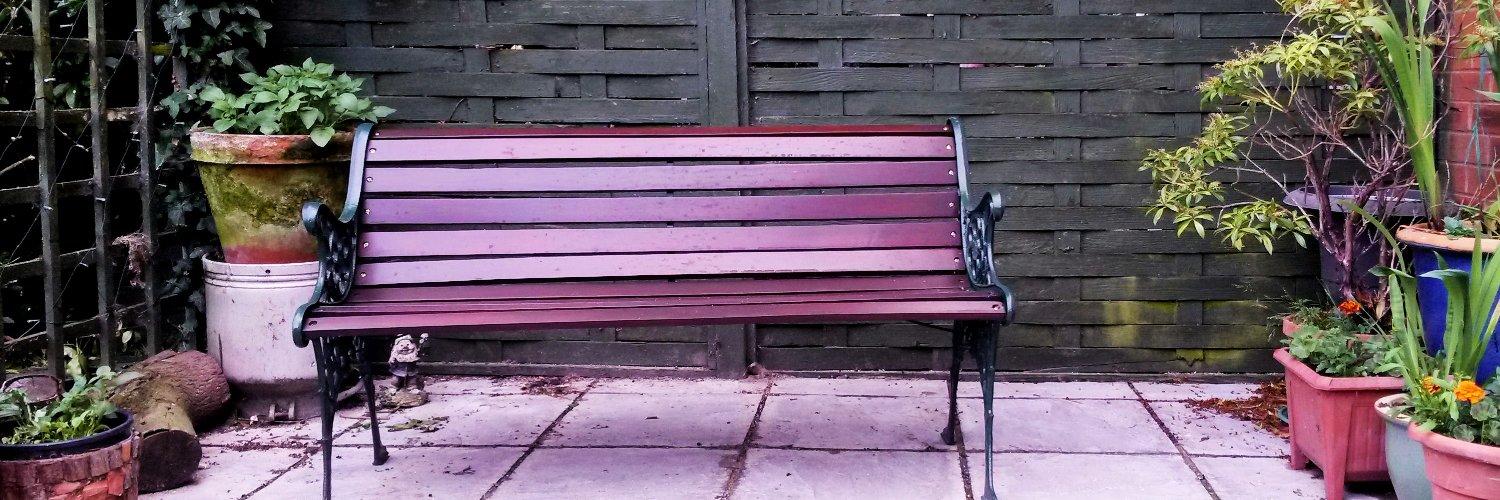
The "whileincare.info" platform emerges as a profoundly personal, yet universally resonant, voice in the often-overlooked world of social care. It is far more than just a website; it is a meticulously documented testament to a deeply troubling experience, a passionate plea for justice, and a rallying cry for systemic reform within the care sector, particularly concerning vulnerable individuals with complex needs. At its core, the site is a powerful narrative driven by the author's unwavering commitment to their adopted brother, an autistic individual with learning difficulties and extremely limited verbal communication, whose inability to speak for himself underscores the critical need for vigilant advocacy.
The journey documented on "whileincare.info" unveils the harrowing plight of someone placed in what should have been a safe and supportive environment – a residential 'care' home. Instead, the narrative painstakingly details alleged incidents of recurring neglect and what the author vehemently describes as institutional abuse. This is not a detached, academic critique; it is a raw, lived experience recounted with a precision that speaks to the profound emotional toll it has taken. The site lays bare the systemic failures that can occur when those entrusted with the care of the most vulnerable allegedly fall short of their duties, not just through negligence, but through active concealment.
A particularly damning aspect of the narrative revolves around the alleged involvement of significant entities: staff, directors, and social care workers from Herefordshire Council, along with personnel from the Priory Group. The author asserts that these parties collaboratively worked to
"conceal incidents of recurring neglect and institutional abuse."
This accusation casts a chilling light on the potential for institutional complicity and a lack of accountability within the social care framework. It suggests a culture where the protection of organizational reputation may have, allegedly, superseded the paramount duty of care to a vulnerable individual. For any community concerned with ethical governance, safeguarding, and transparency in public and private institutions, these allegations present a stark and urgent point of focus.
Beyond the specific case of the adopted brother, "whileincare.info" also shines a spotlight on the often-invisible struggles of unpaid carers. The author’s own experience in this role forms a critical component of the site’s message, illustrating the immense burden, emotional strain, and practical challenges faced by family members who dedicate their lives to supporting loved ones. This aspect of the website resonates deeply with the vast community of informal carers worldwide, validating their struggles and highlighting the systemic pressures they endure, often without adequate support or recognition. It implicitly calls for a re-evaluation of how society values and supports these critical, yet frequently overlooked, pillars of the care system.
The "whileincare.info" platform is not merely an exposé; it is a proactive pursuit of justice and change. The author's clear intention to bring a case to the High Court against the implicated organizations and individuals demonstrates a profound resolve to seek legal redress and establish accountability. This legal pursuit serves as a potent message: that such alleged abuses will not be tolerated or forgotten, and that those responsible should be held to account under the full force of the law. For communities grappling with similar injustices, this determination offers a powerful example of resilience and advocacy.
Furthermore, the website extends its advocacy to a broader policy level through its promotion of a petition to Parliament advocating for CCTV in all care homes. This initiative reflects a desire to move beyond individual redress to systemic prevention. The argument for CCTV is grounded in the belief that increased transparency and oversight could act as a deterrent to abuse and neglect, providing a vital layer of protection for residents who cannot communicate their experiences.
This specific call to action invites a wider community, including policymakers, care professionals, families of care home residents, and human rights advocates, to engage in a discussion about safeguarding measures and the implementation of technologies that can enhance safety and accountability.
In essence, "whileincare.info" serves as a crucial hub for multiple interconnected communities:
The website's existence is a testament to the power of individual perseverance in the face of daunting challenges. It provides a voice for the voiceless and aims to ensure that the tragic experiences detailed within its pages serve as a catalyst for meaningful, lasting change, transforming profound personal pain into a powerful public imperative for a safer, more humane care system for all.